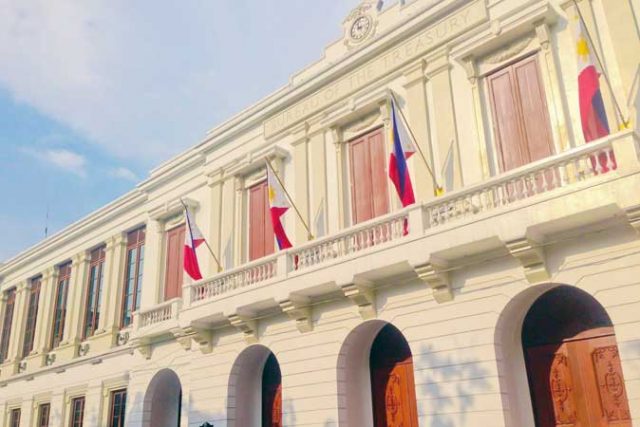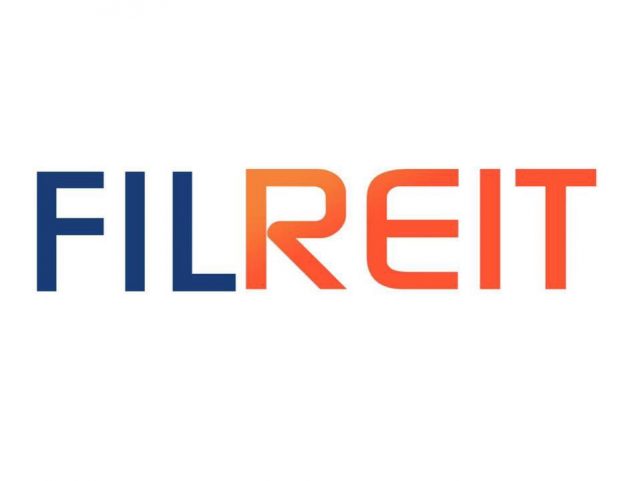Looking behind the fast-growing industry of video games

By Bjorn Biel M. Beltran, Special Features Writer
Before the turn of the millennium, video games were as niche as it could get. Often, gamers — most likely children and young adults — would gather around arcade galleries, spending coins to have a go at the latest pixelated marvels released by companies like Atari and Namco.
Fast-forward to today, the video game industry has evolved into a global juggernaut, estimated to be worth more than $300 billion, according to a report by global professional services firm Accenture. This is more than the markets for movies and music combined.
In the Philippines, revenues of the gaming market have showed exponential growth in 2020 compared to the previous years, with the mobile games segment expected to continue growing in the next five years to as much as $1.52 billion in 2025.
Lloyd R. Manaloto, first vice-president and head of corporate marketing and strategy at Smart Communications, Inc., commented that while the numbers are staggering, the surge has been quite a recent development.
“In 2013, gaming was still very much a niche activity. It was not mainstream. But fast-forward to 2021, we see large crowds, large prize winnings, and this is tantamount to the effect of esports to our culture,” he said during BusinessWorld Insights on a session themed, “The Emerging Esports and Gaming Scene in the Philippines.”
According to Mr. Manaloto, there are around 45 million active gamers in the country now, a steady increase of 12.9% year on year since 2017. Around 63% of the online population, furthermore, watch gaming content, while 33% watch esports.
Esports, along with a number of other factors, have come into play to allow this growth to happen, Irymarc “Tryke” Gutierrez, co-founder and chief executive officer of gaming and e-sports talent agency Tier One Entertainment, said.
The accessibility of mobile games, particularly because of the lower entry price of smartphones compared to PCs or consoles, has boosted the video games industry to new heights, transforming it into a mainstream hobby.
“Being able to present gaming in a different way through streaming is also a big development,” he added.
“I remember casting a lot of DOTA 2 games back then. The most we’ve had was around 25,000 concurrent viewers for Philippine viewership. But today, with Mobile Legends when our teams compete, 260,000 people are watching online. That alone shows how much audiences the audience and the industry have grown.”
This shift from a niche hobby into a more mainstream form of entertainment has also reduced much of the previously held stigma that used to surround the industry. Darren Paul Vitug, commissioner of the local e-sports league The Nationals and ethics committee head of the Philippine Esports Organization, shared how the stigma of gaming as an unproductive hobby is changing as more people come to understand it.
“When people say that gaming is an unproductive hobby, they’re actually referring to gaming addiction and not gaming per se. Obviously addiction and hobby are polar opposites, or at least they should be. People do still think that gaming by itself is an unproductive hobby, I would say that in general that’s how people think about things that they are unfamiliar with. We have to understand that productivity in a hobby is not absolute, and since a hobby is something you do to relax, to decompress, and to enjoy, it’s not really fair for anyone to say in behalf of someone that their hobby is unproductive,” he said.
“I think the stigma is still there, but it is seriously being challenged. We have more and more people understanding gaming. Part of that is the population growing up. Before, when you looked at gamers, you were looking at very young people. But now if you describe gamers, you’re describing people who are in their 30s or in their 40s. Maybe even older.”
Mr. Manaloto added that as network technology continues to progress, video games as an industry will further see growth.
“We believe that the network is the core to this, because it is what allows people to connect to the games and play with other people,” he said, sharing how Smart has been investing in new 5G technology to further push the industry forward.
“The way we look at sports and esports is the same. Esports is no different from sports. The values of the sports are inherent in esports: camaraderie, teamwork, sportsmanship,” he added.
In a comment during the streaming of this forum on BusinessWorld’s Facebook page, Jun D. Lasco, founder and president of esports platform KALARO, noted that collaboration among industry players is key to further developing esports in the country.
“The more we collaborate [,] the more we can all push for the development of the Philippine Esports industry both in capacity and capability,” his comment read.
This session of #BUSINESSWORLDINSIGHTS was presented by Smart.







 RUSTAN’S just might be a guiding star for gifts this season, announcing store renovations and an expanded personal shopper service during a press conference last week.
RUSTAN’S just might be a guiding star for gifts this season, announcing store renovations and an expanded personal shopper service during a press conference last week.






